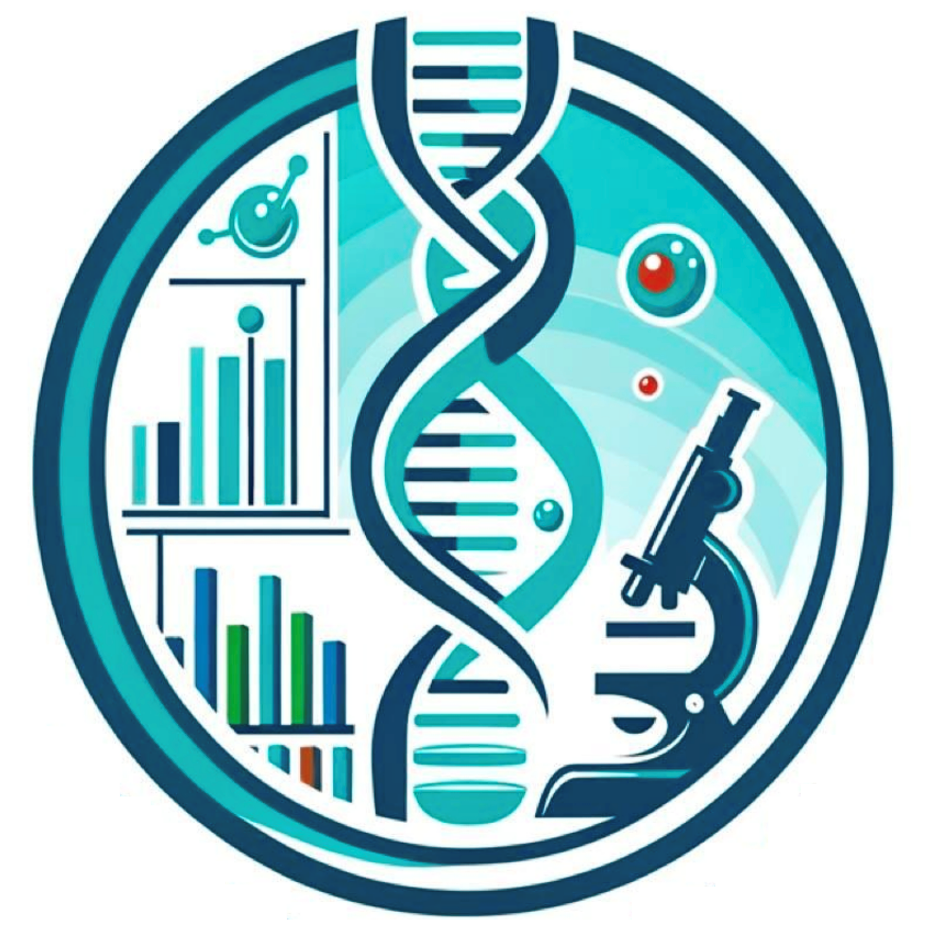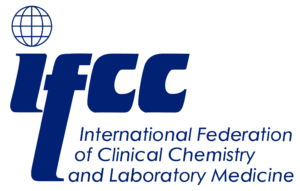Background
Sensor-augmented pump therapy (SAPT) integrates real-time continuous glucose monitoring (RT-CGM) with continuous subcutaneous insulin infusion (CSII) and offers an alternative to multiple daily injections (MDI). Previous studies provide evidence that SAPT may improve clinical outcomes among people with type 1 diabetes. Sensor-Augmented Pump Therapy for A1c Reduction (STAR) 3 is a multicenter randomized controlled trial comparing the efficacy of SAPT to that of MDI in subjects with type 1 diabetes.
Methods
Subjects were randomized to either continue with MDI or transition to SAPT for 1 year. Subjects in the MDI cohort were allowed to transition to SAPT for 6 months after completion of the study. SAPT subjects who completed the study were also allowed to continue for 6 months. The primary end point was the difference between treatment groups in change in hemoglobin A1c (HbA1c) percentage from baseline to 1 year of treatment. Secondary end points included percentage of subjects with HbA1c < or =7% and without severe hypoglycemia, as well as area under the curve of time spent in normal glycemic ranges. Tertiary end points include percentage of subjects with HbA1c < or =7%, key safety end points, user satisfaction, and responses on standardized assessments.
Results
A total of 495 subjects were enrolled, and the baseline characteristics similar between the SAPT and MDI groups. Study completion is anticipated in June 2010.
Conclusions
Results of this randomized controlled trial should help establish whether an integrated RT-CGM and CSII system benefits patients with type 1 diabetes more than MDI.

